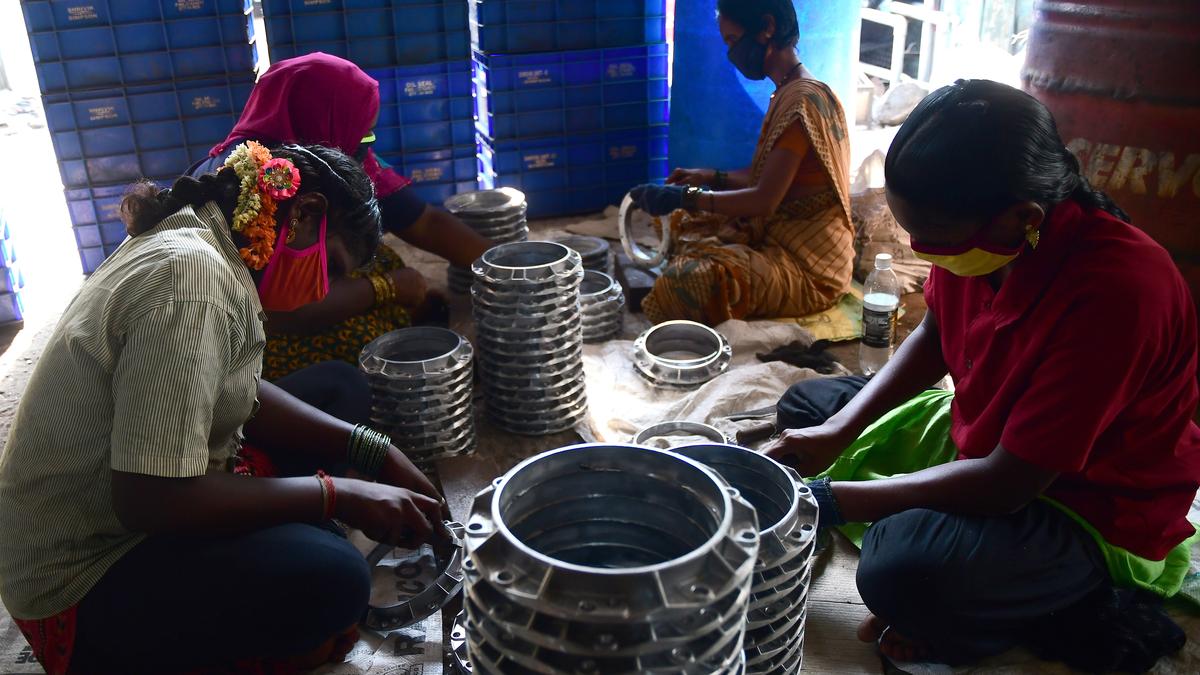Tyre exports from India made a sharp recovery in the second half of 2023-24 fiscal and went up by 12% in value terms compared to the same period during the previous fiscal, according to data recently released by the Ministry of Commerce.
In the first, tyre exports were severely impacted by falling demand in view of slowdown in advanced economies, geopolitical uncertainties, and inflationary pressures. The total tyre exports from India during 2023-24 stood at ₹23,073 crore matching previous year’s figure.
“The resurgence witnessed in tyre exports in the second half of the year despite a tough external environment is a testament to the resilience of the Indian tyre industry to ride through challenging times and carve a niche for itself. It also points to the compelling value proposition offered by Indian tyre manufacturers on quality which is being appreciated globally,” said Arnab Banerjee, Chairman, Automotive Tyre Manufacturers’ Association (ATMA).
With a turnover of around ₹90,000 crore and exports of over ₹23,000 crore, Indian tyre industry is one of the few manufacturing sectors having a high export to turnover ratio. Currently, Indian tyres are being exported to over 170 countries in the world. Innovations such as eco-friendly and fuel-efficient tyres have particularly resonated with global consumers.
Tyre exports have nearly doubled in the last four years (FY20-FY24) despite a slew of domestic and external challenges. From ₹12,844 crore in FY20, tyre exports reached ₹23,073 crore in FY24.
The US continues to be the largest market for Indian tyres accounting for 18% of total tyre exports from India in FY24. The top export markets for Indian manufactured tyres in FY24 included the US, Germany, Brazil, France, Netherlands, Italy, and the UAE.
The tyre Industry has the potential of significantly increasing exports from India in the next three to four years and reinforce India’s position as a key player in the global tyre market if certain roadblocks, especially with regard to accessing Natural Rubber (NR), are removed.
The export obligation period needs to be restored to 18 months. The export obligation period (for tyres) was reduced from 18 to six months a while ago making it tough for the industry to access a raw material which is in short supply domestically.
According to ATMA, these restrictions have not benefitted the growers / NR producing interests but have had an adverse fallout on NR consuming interests, both tyre and non-tyre sectors, especially by way of inhibiting export of rubber goods from India.
On the other hand, growth in exports will benefit the entire rubber value chain including rubber growers as tyre industry accounts for over 70% of NR consumption in the country.
On its part, the Indian tyre industry has invested an estimated ₹23,000 crore in greenfield and brownfield capacities in the last three to four years and is ahead of the demand curve in meeting both domestic and export demand.




